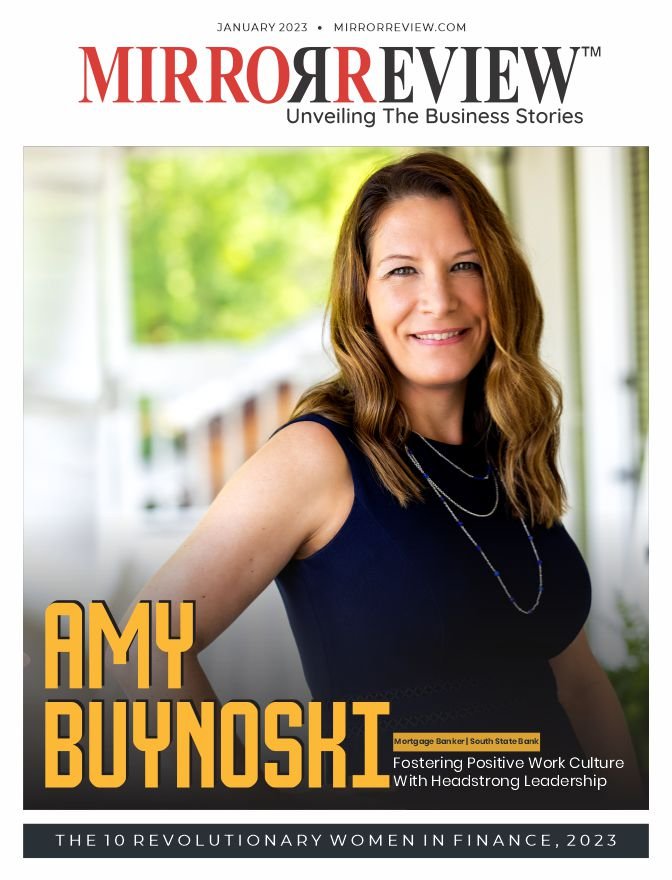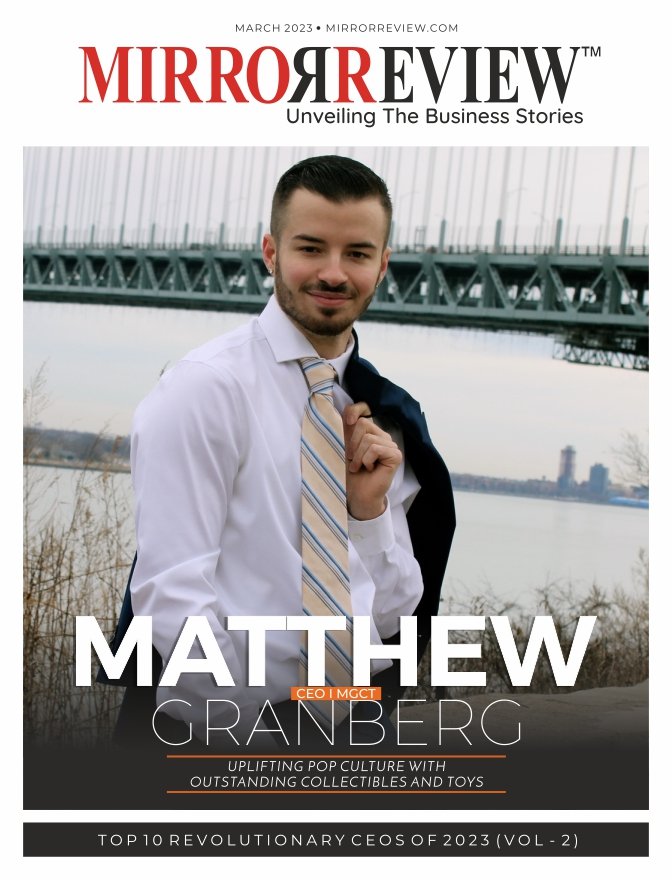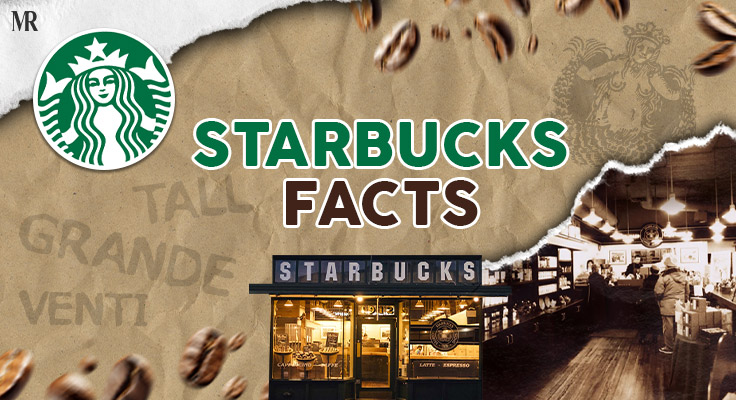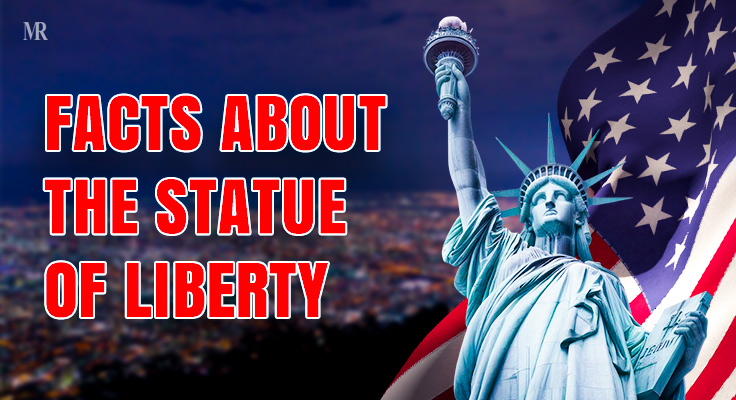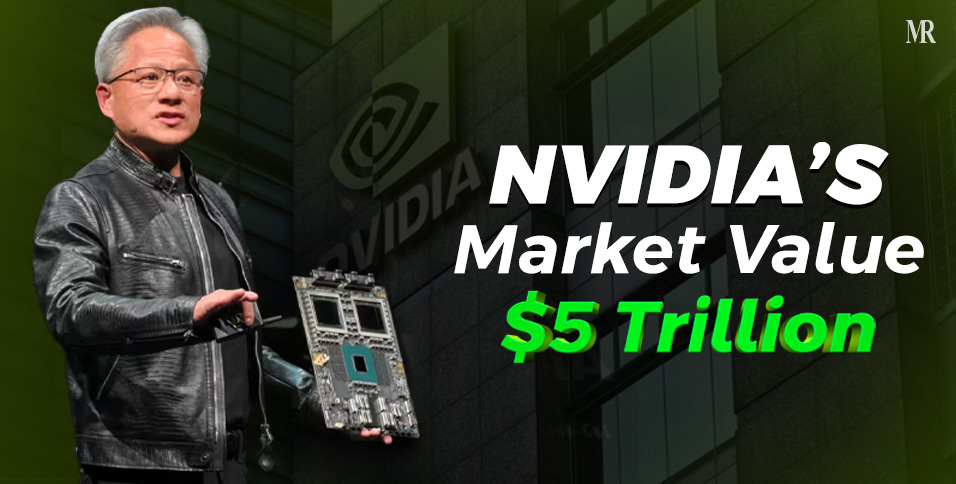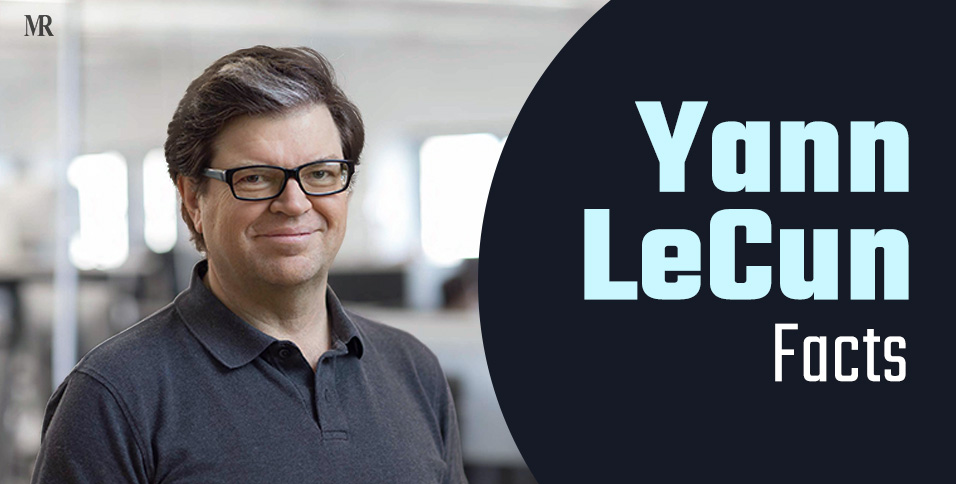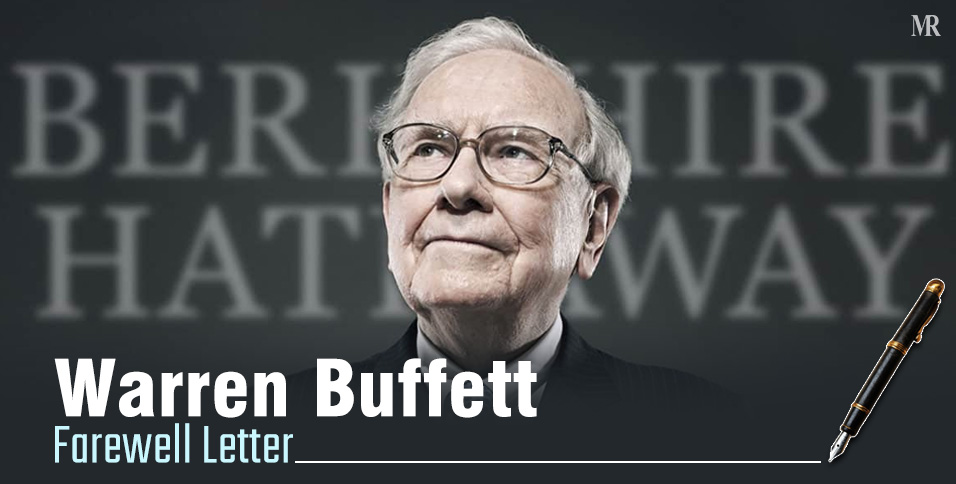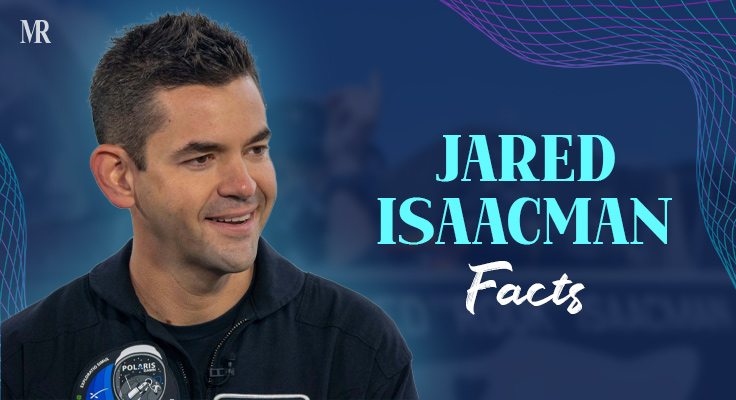Imagine a system where access to loans, business funding, and even basic checking accounts is significantly harder to obtain simply because of your race. For generations, this was – and in many ways, continues to be – the reality for Black Americans. But in the face of these persistent challenges, a powerful and resilient response has emerged: “Black Owned Banks”.
So this blog post will take you on a journey to uncover:
- What are Black Owned Banks?
- A Short History
- Top Black-Owned Banks in America
- The Importance of Black-Owned Banks
- Detailed Insights On Black Owned Banks
What are Black Owned Banks? Defining the Institution
When you talk about Black-owned banks, you’re talking about financial institutions built from the ground up by and for Black people. It’s not just about representation on paper; it’s about a fundamental heart change, a core mission that’s different from the start. These banks are intentionally driven by a purpose: to improve the financial lives and boost the economic standing of the Black community, and often, other groups who’ve been left behind too.
Many of these banks also carry the official designation of Minority Depository Institution (MDI). Groups like the FDIC and NCUA recognize this, and it’s a powerful symbol. It truly underlines their deep commitment to serving minority communities and making financial inclusion a reality, not just a talking point.
Now, you might wonder, how is this different from just walking into any old bank? Well, while those big national banks aim to serve a huge range of customers, banks that are Black-owned have a laser focus. They’re specifically geared to tackle the unique financial hurdles and opportunities within Black communities. This focused approach means they are often more inclined to:
- Provide Loans and Financial Services to Underserved Individuals and Businesses
- Invest in Black Neighborhoods and Communities
- Offer Culturally Relevant Financial Education and Services
Okay, so the number of Black-owned banks isn’t what it used to be. They’ve dropped to 23 since 2001 from a high of 48. That’s the reality. However, don’t mistake that for weakness. These institutions have proven they can weather storms. In fact, their collective assets have nearly doubled in the last 25 years, rising from $5 billion to $9 billion. That’s real financial muscle.
Different Types of Black-Owned Banks: An FDIC Overview
The FDIC categorizes these banks by leadership and equity structures, and it’s crucial to remember the term includes diverse financial entities including:
- Commercial Banks: These are the banks you probably picture first – the ones with all the usual services: checking and savings accounts, all sorts of loans, business banking too.
- Credit Unions: Imagine a bank owned by its members. That’s a credit union. They’re like banks in many ways but often have a special focus on serving a particular community or group – maybe people who work in the same industry, for example.
- Savings Banks: Well, these tend to be more specialized, really focused on helping people with deposit accounts and, especially, home loans.
So, to truly understand what makes black banks so important now, we need to rewind a bit and look at their story. Let’s explore their history in America.
A Concise Timeline Of Black-Owned Banks in America
- Late 1800s – Early 1900s: Origins in Segregation
- Following the Civil War and Reconstruction, mainstream banks actively discriminated against Black Americans, denying them essential financial services like loans and deposit accounts.
- Black communities responded by establishing their own banks as a form of self-help and economic empowerment.
- Early – Mid 1900s: Jim Crow Era Lifelines
- During the height of Jim Crow segregation, these banks became even more vital for economic stability and progress within Black communities.
- They offered loans, savings, and financial stability within Black communities facing systemic oppression.
- Mid – Late 1900s: Civil Rights & Beyond
- While the Civil Rights Movement dismantled legal segregation, economic inequality persisted.
- These banks played a role in supporting the economic goals of the movement, providing capital to emerging Black entrepreneurs and businesses in newly opening markets.
- Late 1900s – Present: Ongoing Importance & Modern Challenges
- CRA legislation aimed to improve mainstream bank service in underserved areas, but disparities persist.
- Black owned banks remain essential for addressing racial wealth gap and community development.
List Of The Top 5 Black Owned Banks In America
| Black Owned Bank | Total Assets (Last Reported) |
| Citizens Trust Bank | $3 billion |
| City First Bank | $1.37 billion |
| Liberty Bank and Trust Company | $1 billion |
| Carver Federal Savings Bank | $723.2 million |
| OneUnited Bank | $650 million |
1. Citizens Trust Bank

- Headquarters: Atlanta, Georgia
- Founding Year: 1921
- Services: Checking Account, Merchant Services, Cash Management, Savings Plan, Borrowing, Credit Card, Residential Mortgage, Business Banking, Loans
Citizens Trust Bank distinguishes itself as a Community Development Financial Institution (CDFI), prioritizing economic opportunity in low-income communities by providing essential financial services. This mission is deeply rooted in the bank’s ethos. Its history is linked to Herman J. Russell, Sr., a celebrated Black entrepreneur, whose values of hard work and community building are reflected in the bank’s approach.
Citizens Trust Bank made a strategic move in 2003, acquiring Citizens Federal Savings Bank of Birmingham to broaden their impact. And their actions speak volumes about their commitment to economic empowerment. They’ve already fueled small businesses with over $300 million in loans (as of 2023) and are targeting another $200 million for residential mortgages and affordable housing by 2025. This clearly shows Citizens Trust Bank actively drives economic growth and opportunity in underserved communities.
2. City First Bank
- Headquarters: Washington, D.C.
- Founding Year: 1998
- Services: Checking, Savings, Cash Management, Deposit Rates, Financing, Online Banking
City First Bank holds the distinction of being the largest African American-led Minority Depository Institution (MDI) in the United States. It’s landmark achievement occurred in 2021 when it merged with Broadway Federal Bank. This merger created the largest Black-led Minority Depository Institution (MDI) in the United States, significantly boosting its assets to over $1.37 billion by March 2024 and deposits beyond $700 million. This strategic move expanded City First Bank’s reach and solidified its commitment to channeling capital into underserved communities.
City First Bank is special. It’s the biggest Black-led MDI in the US, and also a Public Benefit Corporation – rare for a public bank! Driven by a majority African American team, they’re laser-focused on serving urban minority communities and low-to-moderate income folks with key financial services. FDIC-insured, City First Bank is known for its size, clear mission, and commitment to fair economic growth in overlooked areas.
3. Liberty Bank and Trust Company

- Headquarters: New Orleans, Louisiana
- Founding Year: 1972
- Services: Personal Banking (Checking Accounts, Savings Accounts, Mortgages, Visa® Credit Card), Business Banking, Commercial Banking
Liberty Bank Trust Company has achieved remarkable growth over five decades, becoming one of the nation’s largest Black-owned financial institutions. Starting with just $2 million in assets, Liberty Bank now boasts over $1 billion in assets and approximately $948 million in deposits, according to the FDIC.
Liberty Bank’s success is a recipe with a few key ingredients. Strategic acquisitions, like bringing in United Bank and Home Federal Savings, have been crucial for growth. But they also actively cultivate strong partnerships, use smart marketing, maintain sharp leadership, and empower a dedicated staff. This powerful combination is their growth engine.
Liberty Bank’s heart is in serving diverse, underserved communities. Their mission: high-quality, customer-focused finance. As a CDFI, they uniquely use government and investor resources to spark economic opportunity through affordable housing, business growth, and fair financial products – making a real impact nationwide.
4. Carver Federal Savings Bank
- Headquarters: Harlem, New York
- Founding Year: 1948
- Services: Personal Banking, Checking and savings accounts, Business Banking, Cash Management Services, Checking Accounts, SBA Loans, Mortgage, Lending
Carver Federal Savings Bank was founded with a clear mission: to serve African American communities systematically excluded from mainstream finance. For over 76 years, Carver has empowered residents and businesses in these communities to build wealth and financial stability. Today, Carver is one of the largest African American-operated banks in the U.S.
Carver Bank’s core mission? Fair access to capital and competitive banking, especially for Minority and Women-Owned Businesses (MWBEs) and everyday people in NYC. As a designated CDFI, they’re known for their community focus and dedication to revitalizing neighborhoods.
But it’s not just talk. Carver reinvests big time: about 80 cents of every deposited dollar goes right back into local communities. This fuels businesses, jobs, and economic growth directly. And with over $756 million in assets in 2024, Carver Federal Savings Bank proves its financial strength and lasting community impact.
5. OneUnited Bank

- Headquarters: Boston, Massachusetts
- Founding Year: 1968
- Services: Personal Banking, Business Banking, Lending, FDIC Insurance, Mobile Banking
OneUnited Bank holds the prominent position of the nation’s largest Black-owned bank. It is federally registered by the FDIC and proudly certified as a Community Development Financial Institution (CDFI) by the U.S. Department of Treasury, underscoring its commitment to community-focused banking. OneUnited Bank’s history is deeply rooted in the Civil Rights Movement of the 1960s, with its predecessors, Unity Bank & Trust Company and Boston Bank of Commerce (BBOC), being established in Boston’s Nubian Square. This historical context informs its ongoing mission to serve and empower Black communities.
For over 50 years, OneUnited has focused on improving financial wellness in underserved communities. It’s renowned for being the first Black internet bank and for its innovative, technology-driven approach to financial services to create products specifically designed for low-to-moderate income and minority populations. OneUnited’s mission is to leverage technology to provide personalized banking experiences that empower customers and bridge economic opportunity gaps.
But why does supporting black banks truly matter in the larger context of American society and the pursuit of economic justice?
The Importance of Black-Owned Banks in America
- Fuel Financial Empowerment:
Increase access to crucial credit and capital for Black individuals and businesses, often overlooked by mainstream banks.
- Drive Wealth Building:
Circulate money within Black communities, fostering economic growth, entrepreneurship, and long-term wealth creation.
- Invest in Communities:
Provide vital loans for housing, small businesses, and community projects in historically underserved Black neighborhoods.
- Foster Job Creation:
Support Black-owned businesses, which are more likely to hire within their own communities, creating local jobs.
- Build Trust & Cultural Relevance:
Understand community needs, offer culturally tailored services, and foster trust often absent with mainstream institutions.
- Symbolize Self-Determination:
Represent Black economic resilience and a direct challenge to systemic racism in the financial system.
Beyond the individual importance points, a closer look at these top banks reveals some powerful shared strengths and strategies that contribute to their collective success and impact. Let’s dive into some detailed insights as seen from analyzing these leading institutions.
Detailed Insights: Key Strengths of Top Black-Owned Banks
| Key Insight | Takeaways |
| Strategic Growth for Impact | – Actively pursuing growth (mergers, acquisitions, innovation). – Increasing lending capacity & resources. – Aiming for larger-scale community development, addressing systemic disparities. |
| Universal CDFI Commitment | – All top 5 banks are CDFI certified. – Legal & operational commitment to underserved communities. – Access to unique funding for community economic opportunity; addresses historical disinvestment. |
| Core Services for Social Change | – Strategically target services towards underserved population – Banking services are tools for empowerment & social upliftment, addressing historical inequities. |
| Embracing Innovation & Technology | – Adopting technology for broader reach & better service (online banking, AI). – Overcoming geographic limitations, enhancing customer experience. – Meeting needs of tech-savvy customers, expanding impact beyond physical branches. |
| Rooted History & Leadership | – Deeply connected to Civil Rights history & community needs. – Black leadership fosters trust & cultural relevance. – Understand nuanced community needs, offering culturally sensitive & effective financial partnerships, overcoming historical distrust. |


